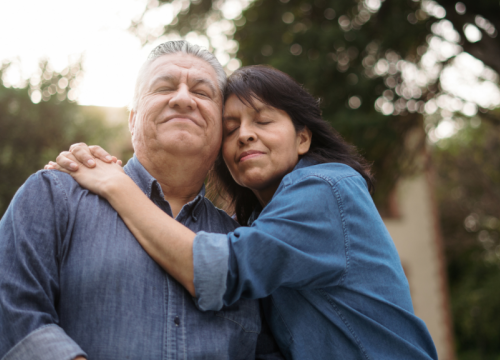Episode 84: Managing Anxiety with PD
The Parkinson’s Outcomes Project (POP) is the largest-ever clinical study of people with Parkinson’s disease (PD). Since the beginning of this groundbreaking initiative in 2009, Parkinson’s Foundation Centers of Excellence have been tracking and monitoring the care of more than 13,000 people in five countries with all stages of PD. The goal is to find the most effective therapies, study their benefits, and determine the best candidates for each treatment.
One of the findings of POP is that anxiety is a major factor affecting the overall health of people with PD. Worry about a health condition is normal, but when it becomes constant feelings of worry or nervousness beyond what is understandable, it may be anxiety, a mental health condition. Anxiety is not just a reaction to a diagnosis of PD or the daily stresses that accompany it but is also an integral part of the disease caused by changes in brain chemistry. It may even predate the diagnosis.
As many as 40 percent of people with PD will experience some form of anxiety, such as generalized anxiety disorder, anxiety attacks, social avoidance, or obsessive-compulsive disorder. Fortunately, mental health professionals can help by providing effective talk and, when appropriate, drug therapies. In this episode, clinical psychologist Roseanne Dobkin, PhD, Professor of Psychiatry at Rutgers University in New Jersey, discusses the difference between reasonable worry and problematic anxiety and elucidates some of the ways mental health professionals can help when feelings become distressing or all consuming, interfering with day to day life and activities.
Released: June 30, 2020
Want more?
Don't forget to subscribe! There are many ways to listen: Apple Podcasts, Google Play, TuneIn (Amazon Echo), Spotify or RSS Feed. (Need help subscribing? See our quick guide.)
For all of our Substantial Matters podcast episodes, visit Parkinson.org/Podcast.












